 APAC MLearning Conference 2011 held in Bandung on June 8-9, 2011. The first day was filled with two panel discussions and several keynotes from speakers including Dr. Serkan Toto, who is most likely familiar for DailySocial readers. He is TechCrunch’s contributor from Japan and consultant on web and mobile industry.
APAC MLearning Conference 2011 held in Bandung on June 8-9, 2011. The first day was filled with two panel discussions and several keynotes from speakers including Dr. Serkan Toto, who is most likely familiar for DailySocial readers. He is TechCrunch’s contributor from Japan and consultant on web and mobile industry.
The event was started a bit late and had some difficulties with speakers’ presentation slides, but the content from this conference main theme – Mobile Learning (M-Learning) – was absolutely interesting, especially for startup or mobile developer’s exploration in Indonesia.
This conference is focusing on M-Learning’s future growth and development as the next part and stage of e-learning, a continuously growing learning process and now entering mobile area, which has great opportunity especially from mobile device growth and users behavior who considers mobile device as part of their life.
One of the speakers – representing goverment’s view and strategy – Prof. DR. Ing. Kalamullah Ramli, explained that the challenges to be faced in developing M-Learning among others are infrastructure development, method of thinking that M-Learning can bring productivity that needs to be continuously developed and coordination from many parties, education, ICT, and business doer (provider) in developing M-Learning.
The use of mobile device all around the world is growing, Indonesia has a great opportunity on that as well. Indonesia has mobile penetration of 85,4% with over 230 millions citizen and high mobile device consumption. Those are a few points from opportunity to M-Learning. Learning here is not limited to education process but can be of broad meaning and applicable in our daily life.
Prof. John Traxler, Professor of Mobile Learning. School of Computing and IT, University of Wolverhampton explained in his presentation that M-Learning implementation can be developed by looking at its target. Technology implementation may vary on each target. Some may need sophisticated technology to make it interesting and some may only need “simple” and useful technology.
M-Learning implementation should be synchronized with fast growing mobile device usage penetration including in Indonesia. A lot of problem solving opportunities can be developed in Indonesia by implementing M-Learning widely, not only in education. Some example Prof. John Traxler gave among others are SMS for learning process, and Augmented Reality (AR) technology to get information or learn history from certain buildings.
 Serkan Toto gave short presentation on the first day regarding high mobile development in Japan, the 7th largest user in the world (by 107 million), the third web population in the world and 100% 3G penetration. Feature phones in Japan are almost similar with smart phones (considering technology they offer).
Serkan Toto gave short presentation on the first day regarding high mobile development in Japan, the 7th largest user in the world (by 107 million), the third web population in the world and 100% 3G penetration. Feature phones in Japan are almost similar with smart phones (considering technology they offer).
For M-Learning, Serkan explained that there are 3 segments in implementing M-learning in Japan: B2B, B2C and packaged software. The implementations are vary starting for feature phone, flash lite games, iPhone app, websites maximized for cell phone access. Several M-Learning doers are big companies like mobile carriers, factories and content publishers.
Presentations on panel discussions also mentioned mobile device development and growth. Other factors should be paid attention to implement M-Learning are users’ behavior, including age, how users use cell phone. Technology implementation can be developed or integrated for M-learning among others are: Near Field Communication, Location Based Service, GPS, and augmented reality.
I see that M-Learning has the opportunity to be developed in Indonesia, other than other problems that need to be solved here like education inequality. But still it has its own opportunity, seeing at extremely high mobile penetration and people’s literacy on technology and gadget.
As far as I know (outside of government and education institution) not many people become (or known as) developer for project, startup or service in this segment, although technology implementation such as Near Field Communication, Location Based Service, GPS, augmented reality are quite well known in Indonesia. At least implementation in its application and this can be integrated with M-Learning implementation. On business side, as “fuel” from development and challenge in appropriate technology implementation still need to be thoroughly studied. However on the other hand, challenge is one of “motivations” in starting innovation.
You can find other information on their website and Dr. Serkan Toto’s presentation slides here.
Disclosure: DailySocial is media partner for the event.

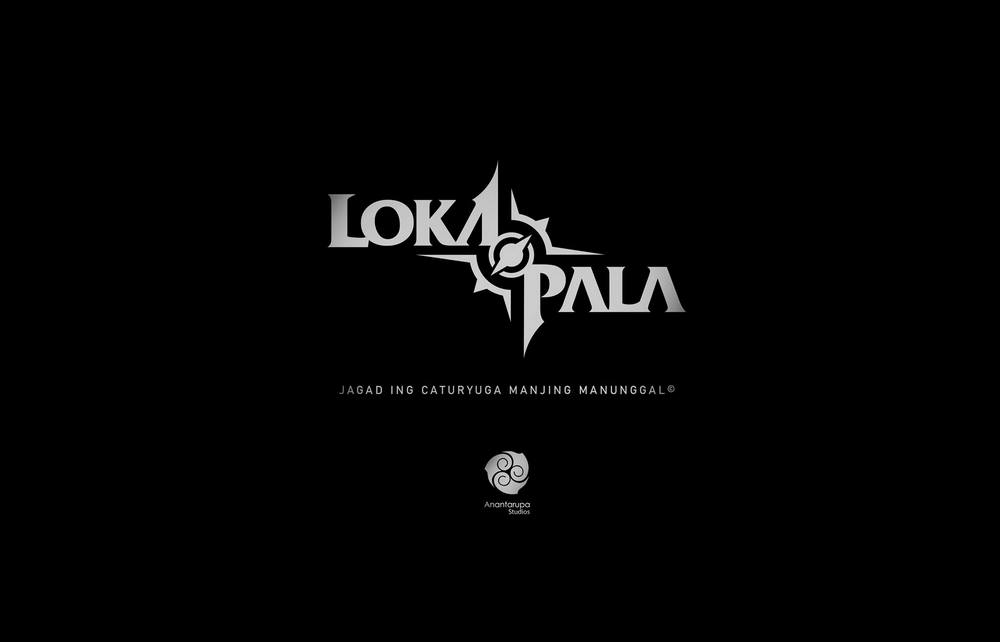

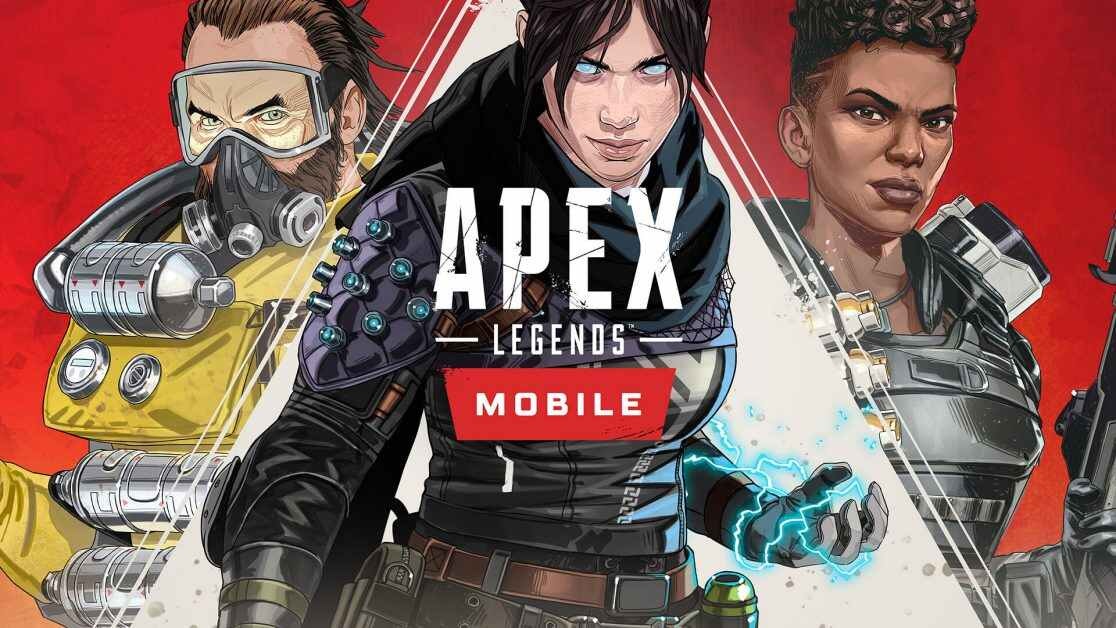
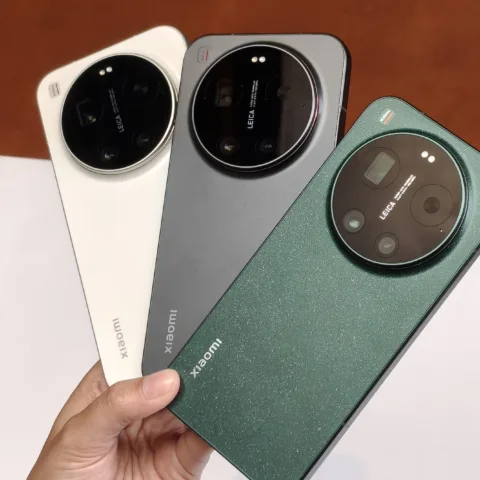
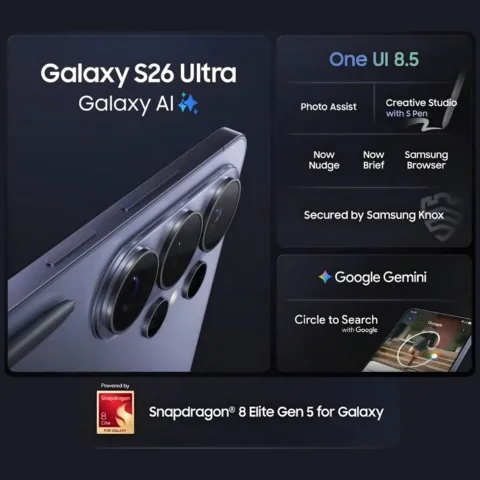
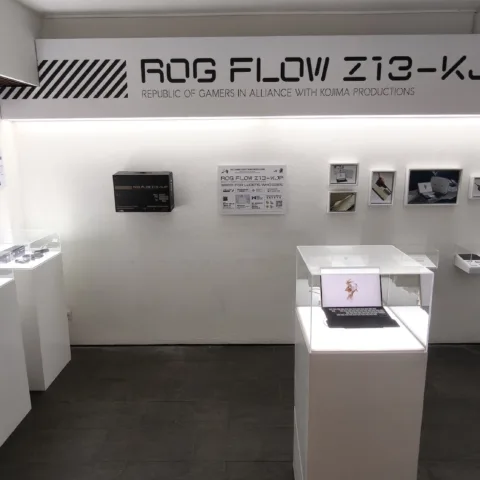
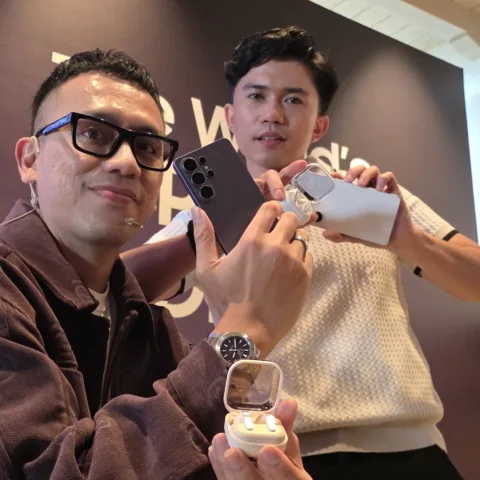


Oh thanks, i
appriciate that!